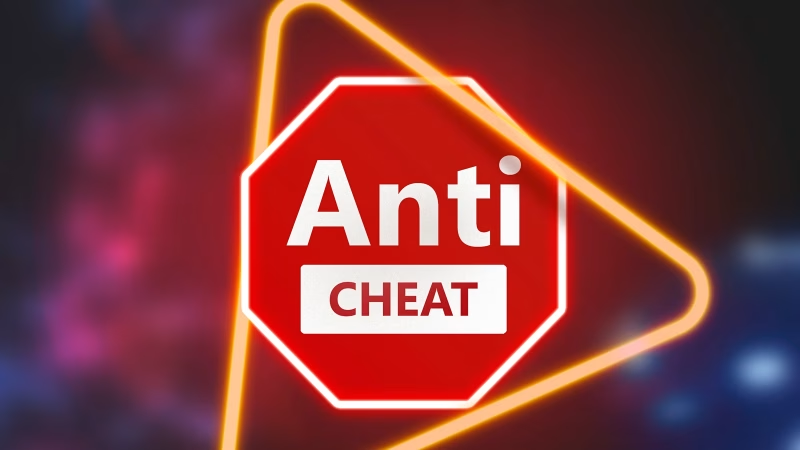Bethesda confirmed that the next Fallout 76 update will deliver a more advanced anti-cheat system.
The direct outcome for players is clear: fewer cheaters in public servers and more consistent gameplay.
This upgrade goes beyond small fixes and introduces a deeper detection framework built to identify exploits earlier, verify suspicious activity more precisely, and take action without disrupting performance.
What the New Anti-Cheat System Actually Changes

The patch focuses on three problem areas that have affected the game from its early years.
First, damage manipulation will now be checked against new real-time behavior logs that compare expected weapon performance with player output. If numbers drift outside the range of normal variance, the system triggers a verification layer.
Second, movement exploits like speed hacks and teleport jumps are being monitored through new motion and geometry checks, which track whether the character’s path is physically possible.
Third, duplication patterns now generate account-level flags, making it harder for repeat offenders to mass-produce rare items and destabilize the economy.
Bethesda admitted that older anti-cheat solutions relied too much on manual review and community reports. The new system reduces that lag by linking alerts directly to server logic, which means exploits can be stopped before spreading across the economy.
How Bethesda Reworked the Engine to Make Detection Possible
Fallout 76’s engine originally gave too much authority to the client, letting some values be validated outside server control. This created space for speed hacks, stat injection, and duplications.
The new patch reworks how the server processes inventory changes, NPC interactions, and damage calculations. These changes required new stress tests to prevent desync issues, but early internal notes show that performance remains stable while detection accuracy increased significantly.

Community Tools and Integrity Checks
In the middle of the studio’s announcement, Bethesda highlighted the rising importance of integrity tools across gaming communities. Content creators often use verification platforms like Detector de ia to confirm authenticity, check for tampered files, and protect mods and shared resources.
While external tools are not tied directly to Fallout 76’s patch, they reflect a broader push toward safety and fairness in online ecosystems.
Reducing False Positives Through Layered Verification
False bans have always been one of the biggest concerns in anti-cheat systems. Bethesda says the new update uses layered verification to avoid punishing legitimate players.
A suspicious action must trigger multiple flags before any intervention occurs.
For example:
A character moving at extreme speed must also produce impossible terrain interactions or mathematical inconsistencies in input patterns.
This prevents players experiencing high ping or lag spikes from being incorrectly flagged.
Bethesda also plans clearer communication when an account is under review, giving support teams more detail and making appeals faster and more transparent.
A Major Boost for the In-Game Economy
Duplication has damaged Fallout 76’s economy for years, flooding servers with rare items and weakening progression.
With wider detection coverage and account-level tracking, the next patch aims to stabilize item circulation. Bethesda has even suggested retroactive cleanup of duplicated items once the update rolls out.
A healthy economy is one of the most important factors for long-term player retention, so this change could have a lasting impact.
What Players Should Expect Next
Full patch notes will arrive soon, and rollout will be staggered across regions. Bethesda plans additional refinements as the system gathers more data from live servers.
For a game built around progression, events, and cooperative exploration, a stronger anti-cheat foundation is essential.
The message behind the update is straightforward: fairness must be constant, and this patch is designed to finally deliver it.


